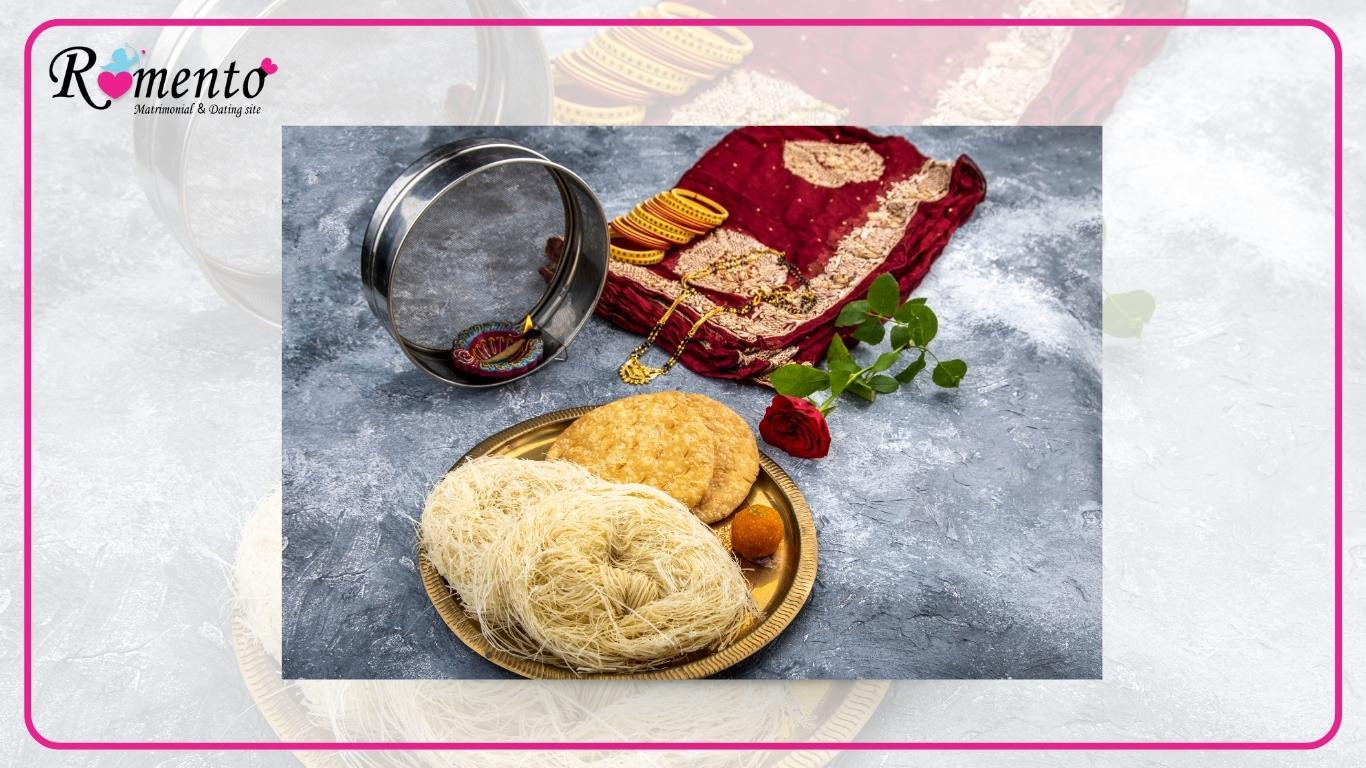
Karwa Chauth: A Timeless Tradition of Love and Togetherness !!
Introduction
In the vibrant
tapestry of Indian festivals, Karwa Chauth stands out as a celebration that
goes beyond the ordinary. It is not just a ritual; it is an emotional journey,
a testament to the deep bond between a husband and wife. This age-old festival,
predominantly observed in Northern India, transcends mere religious
significance to become a powerful symbol of love, devotion, and the enduring
strength of relationships. In this article, we will delve into the heart of
Karwa Chauth, exploring its origins, rituals, and the profound message it
carries for modern relationships.
The
History of Karwa Chauth
Karwa Chauth's
origins can be traced back to ancient India when warriors traveled to far-flung
areas to safeguard their kingdoms. It was a time of separation and uncertainty,
and wives prayed fervently for their husbands' safety and well-being. These
prayers evolved into the Karwa Chauth fast over time.
The term 'Karwa
Chauth' itself is derived from two words: 'Karwa,' which means a clay pot used
to store wheat and water, and 'Chauth,' signifying the fourth day of the waning
moon. It usually falls in October or November, depending on the lunar calendar.
On this day, married Hindu women fast from sunrise to moonrise, abstaining from
food and water as they pray for the longevity and prosperity of their husbands.
The
Rituals of Karwa Chauth
Karwa Chauth
fasting is not for the faint of heart. Married ladies get up before dawn and
eat a meal known as 'Sargi,' which is a nutritious assortment of foods that
keeps them going throughout the day. They abstain from food and drink
throughout the day, eagerly waiting for the moon to rise.
The evening is a
whirlwind of activity. Women dress in traditional clothes and adorn themselves
with exquisite henna designs and expensive jewelry. They gather with other
married women in their neighborhood to foster a sense of unity and common
purpose.
Central to the
rituals is the 'Karwa Chauth Thali' - a decorated plate containing the Karwa, a
lit lamp, water, and various sweets. As the moon rises, women break their fast
by first looking at the moon through a sieve and then at their husband's face.
This act symbolises their reverence for the moon, which is often associated
with Lord Shiva, and their commitment to their husbands.
The husband, in
turn, showers his wife with love and appreciation, offering her water and the
first morsel of food to end her day-long fast. It's a moment of connection and
intimacy that strengthens the bond between them.
The
Modern Significance of Karwa Chauth
Karwa Chauth is a
welcome reminder of the worth of loyalty and sacrifice in love in a fast-paced
society when relationships are sometimes stressed by the demands of daily life.
While the fast may appear to be strenuous, it is a voluntary commitment
undertaken out of love and concern for one's spouse.
In contemporary
times, Karwa Chauth has evolved beyond its traditional religious connotations.
It has become a celebration of love and togetherness, irrespective of one's
faith. Many non-Hindu couples also partake in the rituals, highlighting the
universality of its message.
Karwa
Chauth and Gender Equality
One might argue
that Karwa Chauth's focus on a wife's devotion to her husband perpetuates
traditional gender roles. However, it's essential to understand that this
festival has also evolved with the times. Many modern couples choose to fast
together, emphasizing the idea of mutual love and care.
Moreover, it's
crucial to remember that Karwa Chauth is not about subservience but about the
strength of a relationship. It celebrates the choice to undertake a voluntary
fast, a decision made out of love and commitment, not obligation.
Conclusion
Relationships are
the threads that link us together in the magnificent tapestry of human
existence. With its deep-rooted traditions and timeless message, Karwa Chauth
reminds us of the eternal power of love and the significance of preserving our
ties. It is a religious and cultural event that touches the hearts of everyone
who participate.
As we watch the
moon rise on Karwa Chauth, we are reminded that love, devotion, and sacrifice
are the foundations of long-lasting partnerships. In a fleeting world, this
celebration serves as a sobering reminder that certain friendships are meant to
last a lifetime. Karwa Chauth is, undoubtedly, a celebration that brings people
together in the most beautiful and profound way.
